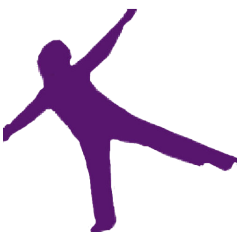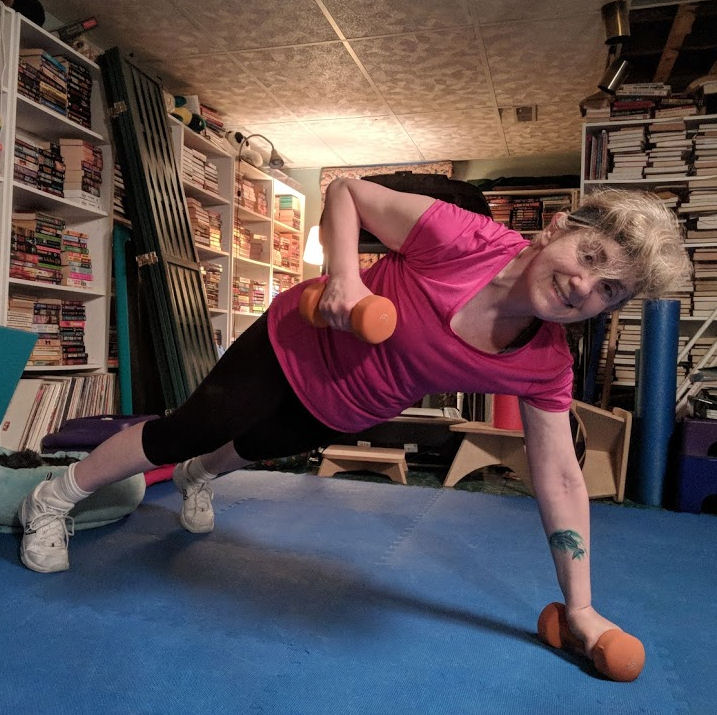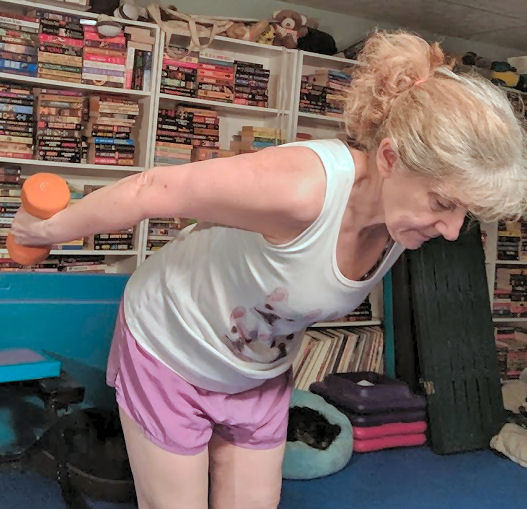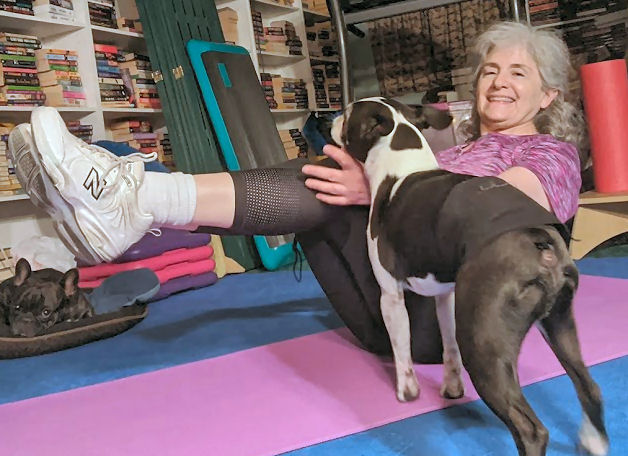The last couple of years have shown most of the world that anxiety can be generalized and no one is immune from it. Everyone has had some degree of anxiety for most of the last two years. And it doesn’t seem to be easing up. I’ve written about what to do to ease your anxiety, but what would happen if we could harness our anxiety and make it work for us?
The possibilities are practically endless
I think of all the worries we, collectively, have expressed the past several months and am just floored by the possibility of the anxious energy that could have been put to good use. If I could have harnessed my anxiety, I could have another book written. Our leaders could have developed a plan for world peace. On second thought, maybe not that last one.
But, if we could harness our anxiety, our productivity would soar!
Put your anxiety to use
Matt Higgins, author of Burn the Boats: Toss Plan B Overboard and Unleash Your Full Potential, explains four ways to put your anxiety to good use.
Tip #1 – Find supporting data
Matt’s first tip is to find a study to reassure you. Matt was worried about how his lack of sleep might affect his performance in a marathon. So, he found results from a study indicating that sleep deprivation did not matter in marathon performance. Of course, the study did find that mental performance was adversely affected, but not physical. Matt competed in that marathon and improved his time by a significant amount.
Data is not always reassuring, but somebody somewhere will have gone through what you are, so a quick search is worth the effort.
Tip #2 – Meditate
The second tip: meditate daily. “Meditation has been shown to boost resilience, emotional intelligence, creativity, relationships, and focus—and I’m going to be another voice telling you that it should be a key tool in your anxiety tool kit.” I recently decided to meditate for a short time every day. Just a couple of minutes. Sometimes it’s a guided meditation, other times I just sit with my eyes shut and take my brain on a mini-vacation. Matt says he’s not perfect about his new daily meditation habit, but firmly believes in it, as self-care is essential.
Tip #3 – Add people
Next – add people to your cause. I’m a firm believer in friends and community. And when your friends join you in a cause, it’s just natural that your joint anxiety plummets. Not to mention, you get a ton of stuff done. But pick the right friends – every person has different beliefs and ways of getting things done.
Tip #4 – Acknowledge that you need help
Finally – don’t hesitate to ask for help. Acknowledge that you need help. Don’t forget that being vulnerable is one step to growing your self-confidence. Matt tells of a friend whose anxiety manifested in ways that were negatively affecting his performance at work. He intervened and helped the friend to tone down the intensity of his emotions. That friend went on to a succeed in a very difficult profession.
So – make your anxiety work for you. First – narrow down the subject of your anxiety and then identify ways of making it be productive for you.




